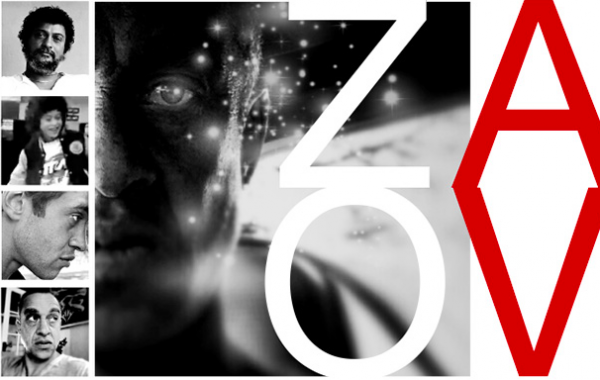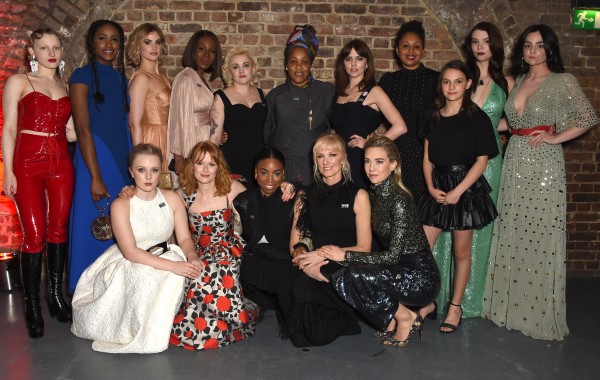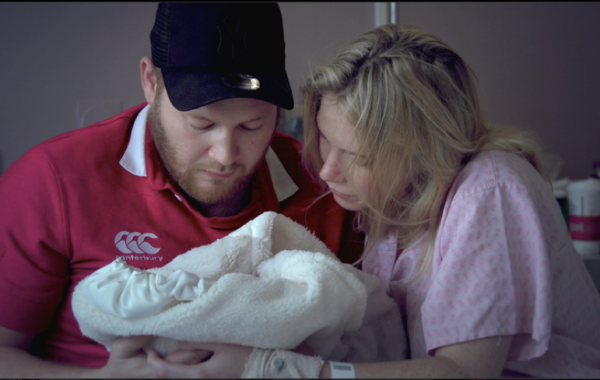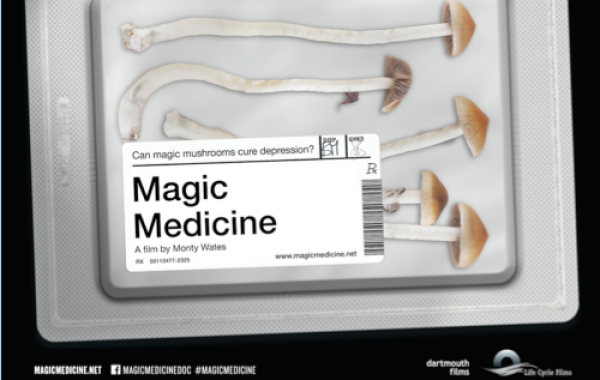It IS #TimeToAct but what do we do?
It was just a week ago, on a warm East London afternoon, Emma Fulu, lead researcher Medical Research Council SA addressed this very question to a packed room at the Global Summit to End Sexual Violence in Conflict fringe, to mark the launch of What Works to Prevent Violence Against Women and Girls?
Emma Fulu was amongst an eminent panel hosted by the UK Department for International Development together with the South African Medical Research Council, London School of Hygiene and Tropical Medicine and the International Rescue Committee in collaboration with Womankind Worldwide, to spotlight the need to invest in work to address the root causes which underpin many forms of violence and continue to build the evidence base for prevention.
Stop Violence Before It Starts from Manta Ray Media on Vimeo.
This year alone violence and female oppression has dominated world news, from the 200 school girls kidnapped by paramilitary network Boko Haram in northern Nigerian, to the pregnant woman in Pakistan stoned to death by her own family for marrying the man she loved, to the two teenagers found hanged in a field, gang raped and murdered by their neighbours in Budaun, Uttar Pradesh.
Nor is this news new to us, last year the world stood in horror as we learnt of the gang rape of a young 23-year-old woman as she travelled home from work on a bus in Delhi. And these stories are just the ones we hear about. Violence against women and girls is one of the most widespread abuses of human rights worldwide. WHO statistics tell us that a third of all women experience physical and/or sexual violence by an intimate partner in their lifetime. Globally nearly one in ten women have experienced sexual violence by someone other than a partner and in many places it is much higher. This is nothing short of a global health crisis.
For years individuals and organisations have been working hard to help women who have experienced such violence but that isn’t enough. The rates of violence have not decreased in that time.
The panel discussion that took place last week marked the launch of DFID’s £25m global research and innovation programme, What Works, which aims to build knowledge on what works to prevent violence against women and girls and which interventions to strengthen women’s and girls’ agency and empowerment protect them from violence so that the rates of violence do start to come down. This is what we can do.
From this week national and international non-government organisations can apply for innovation grants, there are 10-14 available, to test out innovative approaches to preventing violence or meeting the needs of those who have survived violence, visit the SVRI website for details.
Featured Work

Zak Ové
View Details
TIME’S UP UK
View Details
Channel 4
View Details



